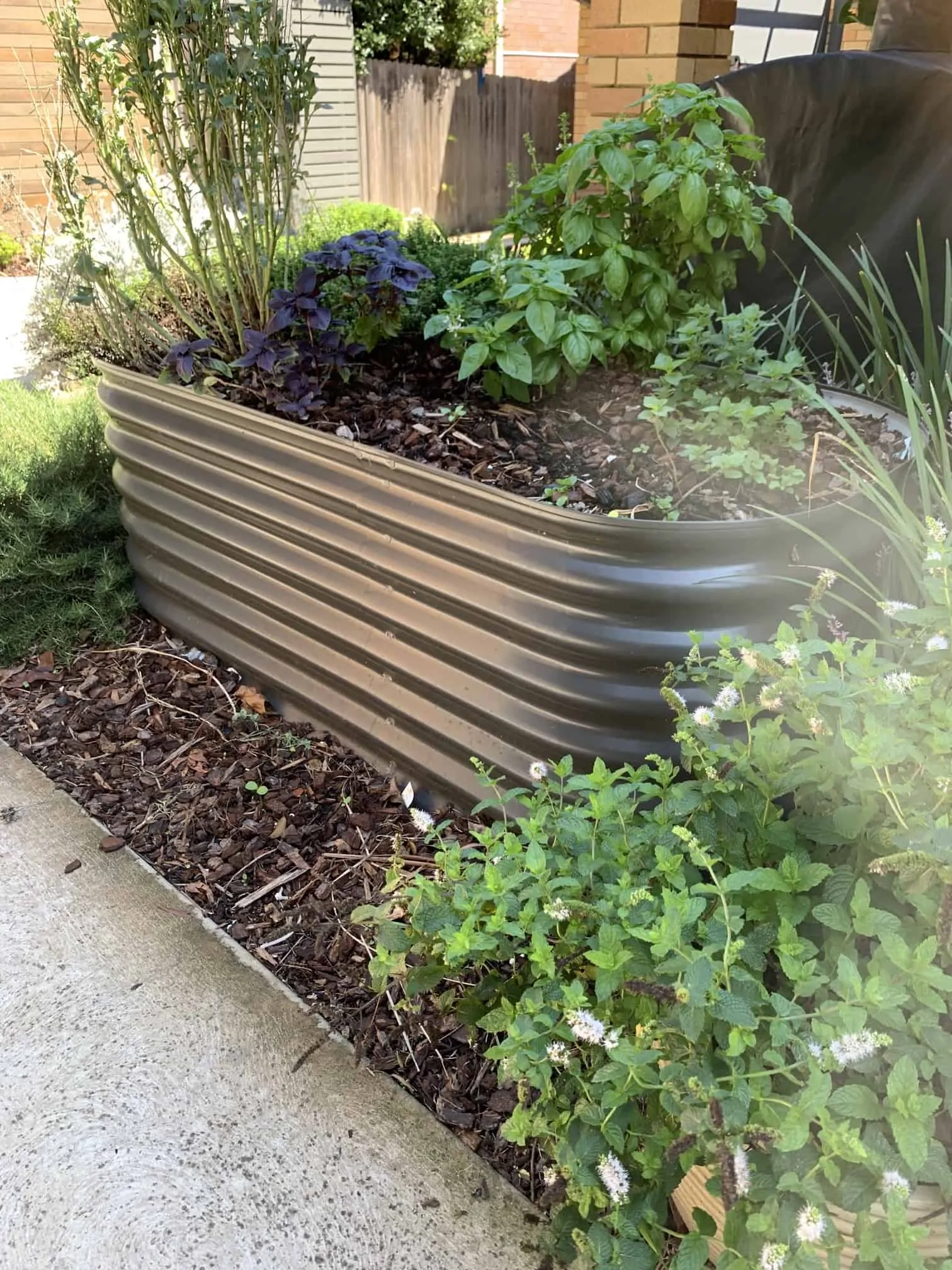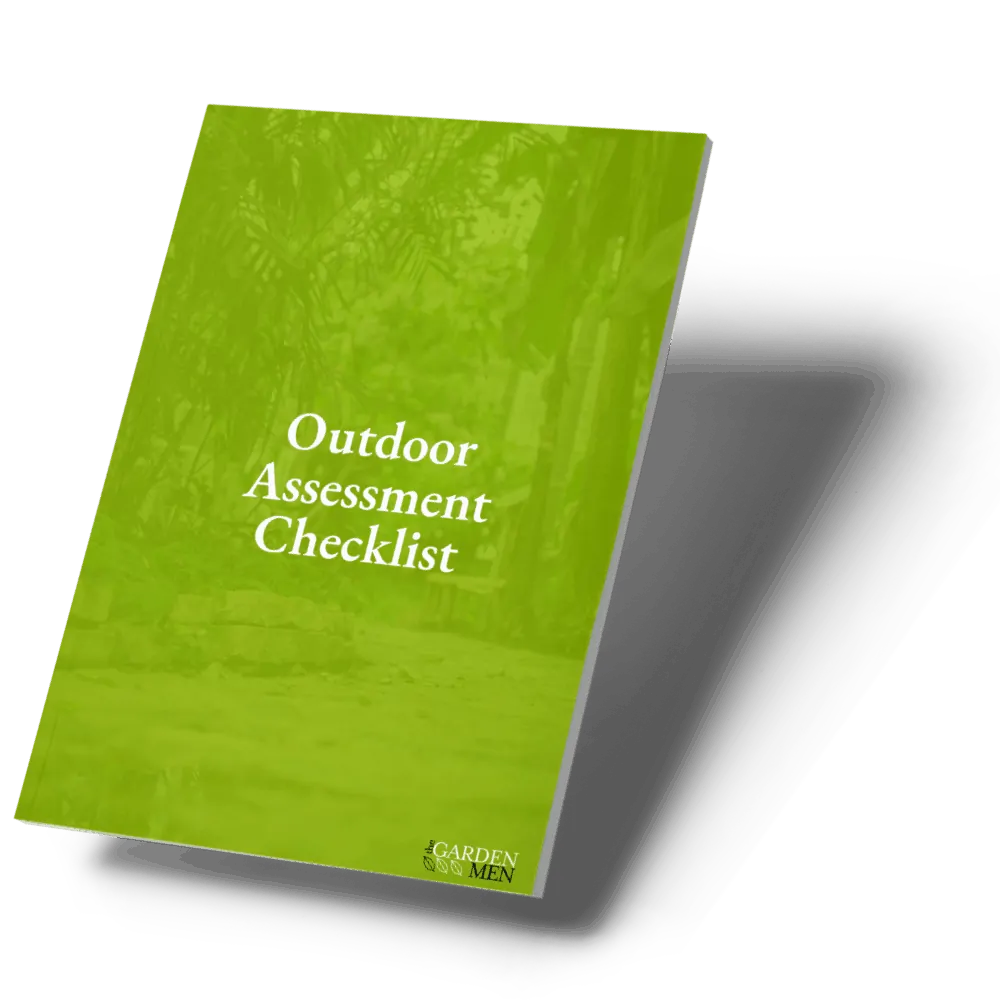There’s a large amount of satisfaction in growing and eating your own food. Now, considering many of us are stuck at home a lot, it could be a great time to think about doing it yourself.
Why grow your own food?
There are some major benefits in growing your own food.
- You can have easy access to fresh herbs and veggies at home! This means you can go from garden directly to your plate.
- You have control of where your food comes from. Worried about pesticides or methods of growth being utilised by the growers of the food you eat now? Well, when it’s your own, you have complete control of where your food comes from and how it is grown!
- Gardening and planting is already a great learning activity for your kids, but along with the payoff of growing your food you also get to teach them a lesson about where food comes from.
- With various health concerns, being able to harvest your own herbs and veggies will help limit the amount of trips you need to take to the shops to buy groceries.
- Finally, it’s also great fun and keeps you outside,
Myths
Maybe you’ve though of growing your own food before, but dismissed it because of some reason. Well, here are some of the most common excuses we’ve heard.
Myth: Growing veggies or herbs is hard to do
This depends on what you’re trying to grow. We can help with your set up, choice of herbs or veggies, where you locate the garden, and which soil you use.
Myth: A garden is messy
This depends on the gardener. If you just plant things anywhere, of course it will look messy. But if you plan it first, group types of plants effectively, and of course mulch and weed regularly, your garden will look great. We can even build herb gardens that have a formal look (if that suits the garden).
Myth: I don’t have the space
Even a small balcony can be enough room to grow your own edible herbs or veggies. Jeez, people often grow small herbs in a container on their kitchen bench. The space is there, you just need to find it and use it.

How to grow your own food
1. What to Grow
The first thing to do is have a think about the types of herbs and vegetables that you regularly use. What do you always seem to grab at the supermarket each week – parsley, basil, lemons, carrots, kale? It makes sense to grow the food you buy. Don’t grow food you wouldn’t normally eat.
2. Location
Then you need to choose the right spot in your garden to grow your own food. There are some key things to consider here:
- Does is get morning sun or hot afternoon sun?
- Is the area shaded by a deciduous (shedding) tree? This would be great in summer and also work in winter.
- Is it too close to trees, making the possums happy?
- Is the area close to a water source? Is it going to be a hassle to drag the hose there?
- Is it close to where you do your cooking? This would make grabbing a leaf easy and convenient.
3. Type of Garden
Once you have got your position you can decide the type of garden you’ll have.
If the spot is narrow you may consider a vertical option, if you have good amount of space and soil is workable than planting directly into mother earth is the way to go as you can rotate crops around. Another popular options is the raised garden bed which certainly reduces the amount of bending that you need to do.
4. Soil
Make your soil a priority as it will reward you. What ever type of garden have a look at the structure of your soil and look improve it with composts and manures. If using potting mix try to get the best quality type according to your budget.
5. Planting
Oh what a feeling, it’s time to plant!
- Source good, healthy stock according to your chosen veggies.
- Use a good seaweed solution for the first couple of weeks, and you will see your garden taking shape.
- Don’t forget the mulch – the lighter it is, the quicker it is to break down and feed your soil. The coarser it is, the longer it will last – but slower to feed your soil.
6. Maintenance
Make sure you water your edible garden based on your plant types and soil, and get rid of weeds as soon as you can. If you can also mulch regularly, that will help keep your soil moisture at a good level, and help minimise weeds.
Enjoy your edible garden!
Now that you’ve got your edible garden underway, enjoy wandering into your veggie and herb plot to grab nature’s gift to add to your meal.
Of course, if you want to grow your own food but this sounds like way too much work for you – contact the Garden Men! We can help with advice, planning, sourcing stock, and even handle the planting an edible garden for you.






